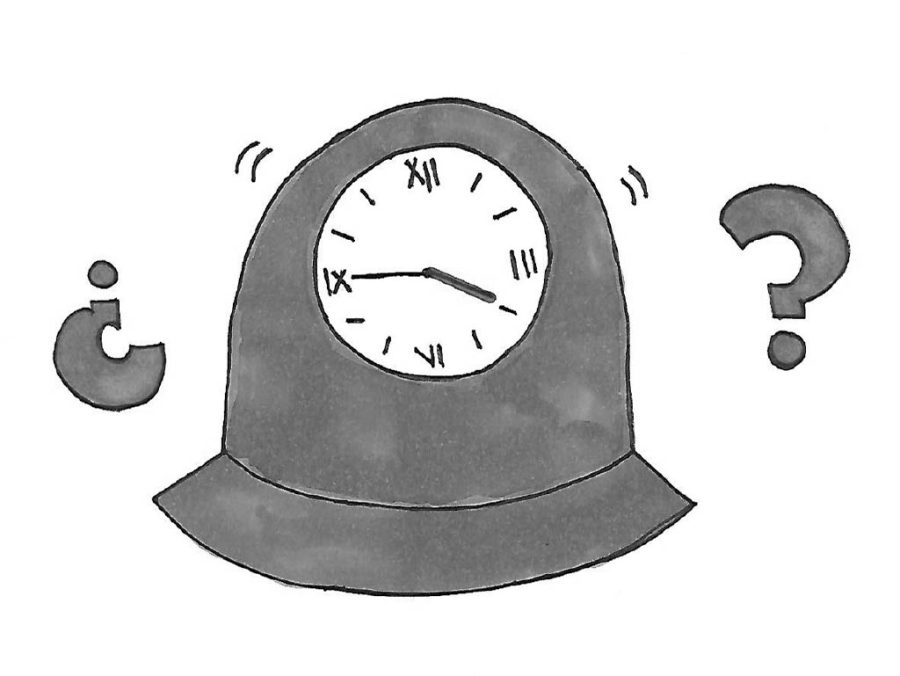Bells vs. teachers
Who actually dismisses students?
“The bell doesn’t dismiss you, I do!”
This phrase, said by teachers, is undoubtedly something all students have heard at least once in their high school career.
Throughout my time at Poway, I feel like the aforementioned phrase is overused by certain teachers, and oversteps authority on the teachers’ part.
Why should teachers have the right to hold students back from their scheduled time to leave? It seems outrageous that this notion falls on deaf ears for select teachers of all subjects, some more than others.
During AP testing, this dilemma has had a new element thrown into the mix.
The lack of bells at all during AP testing week was quite disorienting for students and teachers alike, but the bell schedule itself was not changed, leading to an increase in the frequency of student/teacher clashes.
Teachers did not always know when the bell was supposed to ring, and would get mad at students packing up “early” when they in fact were right on time.
Those occurrences, of course, are a select example of a larger issue.
Teachers do command respect in their classrooms, but I believe that it sets a poor precedent when teachers actively “break” the rules, by making students stay within their classrooms after a bell rings.
When teachers disobey structured rules in an attempt to maximize their power over students, it can lead to a feeling of power imbalance between students and teachers that can fracture the trust students have with their teachers.
On the other hand, I get why teachers may be inclined to hold students past the bell. Some students disrespect teachers and/or need to complete work, leading to teachers feeling inevitably as if they need to hold students back.
Ultimately, the bell should dismiss students with minor exceptions. The bell stands as an important ritual that helps students stay in a healthy rhythm throughout their school day. When teachers disregard the bell, they potentially disregard their students. Bells dismiss students, and that should be that.


